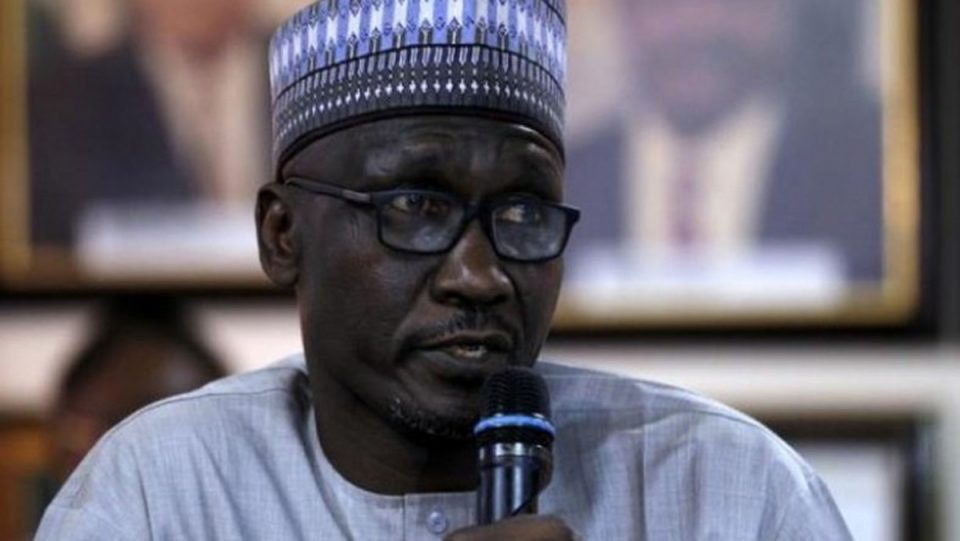When the Federal Government announced the end of petrol subsidy on June 4, 2020, there was wild jubilation in some quarters as many believed that deregulating the downstream sector would automatically free up funds that could be channeled into other critical, but highly underfunded sectors of the economy.
The argument was that education, works, health and science and technology ministries would get higher funding from savings raked in from deregulation.
Unfortunately, this has not quite happened as many Nigerians insist they are yet to feel the positive impact of deregulation, which in itself has led to a hike in petrol pump price.
Hospitals and schools are still lacking basic facilities. Roads are still deathtraps, refineries are not working, amid other malaise, which confirm that Nigeria parades a failed socio-economic structure.
For many years, economic experts vehemently opposed government’s continuous regulation of the sector. They listed smuggling of petroleum products, low level of competition, anti-competitive practices, non-transparent petroleum subsidy practices, poor maintenance of infrastructure, poor products supply and distribution, inapt pricing of products supply and high level of fraud as sufficient reasons to deregulate and break the monopoly of the Nigerian National Petroleum Corporation (NNPC).
However, others argued that without government regulation, price fixing and subsidy, poor Nigerians who are in the majority, may not afford the products.
On assumption of office in May 2015, President Muhammadu Buhari promised the abolition of petrol subsidy from the fuel pricing templates of the Petroleum Products Pricing Agency (PPPRA), to allow market forces determine retail prices at the filling stations.
On May 11, 2016, he announced a controversial removal of fuel subsidy across the country and it was accompanied by brief reduction in petrol price to N86.50 per litre from N87. Soon, it was increased to N141. Later, the price was further hiked to N145 per litre. Since then, the government quietly restored subsidy in the pricing template of petrol without any formal announcement.
Rather than call the excess cost above the N145 per litre ceiling fuel subsidy, the government gave the NNPC approval to describe it as ‘under-recovery’ as part of its operational cost.
The NNPC then became the sole importer of petrol and was essentially subsidising the product for users. The price remained at N145 per litre despite variations in the international price of crude.
But lately, the price has been oscillating according to international oil prices. Nonetheless, the latest announcement of subsidy removal in June 2020 leveraged on the COVID-19-induced slump of global crude oil prices.
In December 2020, the NNPC Group Managing Director, Mr Mele Kolo Kyari, disclosed that from 2016 to 2019, the Federal Government had spent over N3 trillion subsidizing the pump price of petroleum products, particularly petrol, insisting that the subsidy regime did not benefit the masses, who the president is passionate about.
He added that the economic effects of the COVID-19 pandemic had made it impossible to continue with the onerous subsidy regime. Although the national oil company has not disclosed how much it has saved since it reportedly aborted the subsidy regime, many Nigerians insist they are not feeling the gains of the removal.
Tongues are wagging over government’s addiction to massive borrowing, including talks about selling off national assets to fund the 2021 budget, despite ditching the subsidy regime.
In 2019, the Senate flayed the payment of N11 trillion to oil marketers as subsidy for six years, stressing that the development, if not halted, could kill the nation’s economy. In 2018 alone, Nigeria spent about N722.3 billion on fuel subsidy, according to a report by the Nigeria Extractive Industry and Transparency Initiative (NEITI).
Commenting on the development, an economic analyst and Lead Director, Centre for Social Justice, Eze Onyekpere, said that the NNPC was smart to have leveraged on the low oil prices to abolish the subsidy regime that was fraught with irregularities.
He, however, regretted that the government has not managed the proceeds well.
“The government is visionless and rudderless. The little we have is not well managed and that’s why people can’t feel the impact of whatever it is doing. The profligate nature of government has to stop. The resources are not enough and hence the borrowing, but we should use our resources judiciously so that Nigerians can enjoy the dividends of democracy and good governance”, he said.
Also speaking on the development, Nigeria’s first professor of the capital market and former Finance Commissioner, Imo State, Prof Uche Uwaleke, noted that the removal of the fuel subsidy is in the long term interest of the masses because the subsidy regime was actually benefiting the rich.
“There is no doubt that a lot of savings have been made by the government by the removal of subsidy. It is the duty of the citizens through the National Assembly to demand accountability.
“The reality is that the current borrowing level would have been higher if the government had continued with the regressive fuel subsidy,” he explained.
Recently, speculations were rife that the Federal Government was considering bringing back fuel subsidy, to cushion the impact of high oil price at the international market.
But at the recent public presentation of the 2021 budget, the Minister of Finance, Budget and National Planning, Mrs Zainab Ahmed ruled out the possibility of reintroducing fuel subsidy payment about a year after the policy was stopped.
Analysts insist that subsidies on imported fuel compromise the contribution of crude oil in Nigeria and harm the economy.
However, they want the government to plough the saved subsidy proceeds into the socio-economic space for the good of Nigerians.



